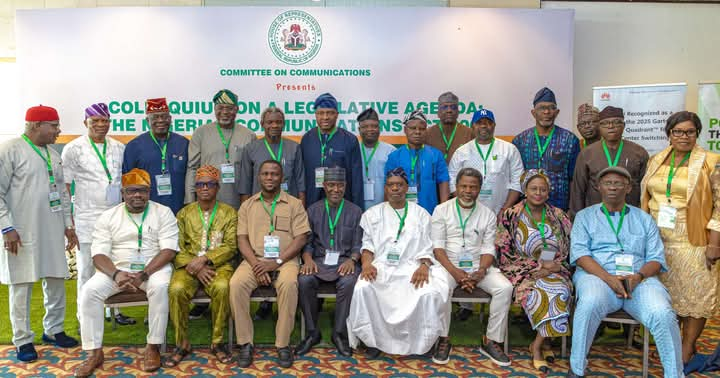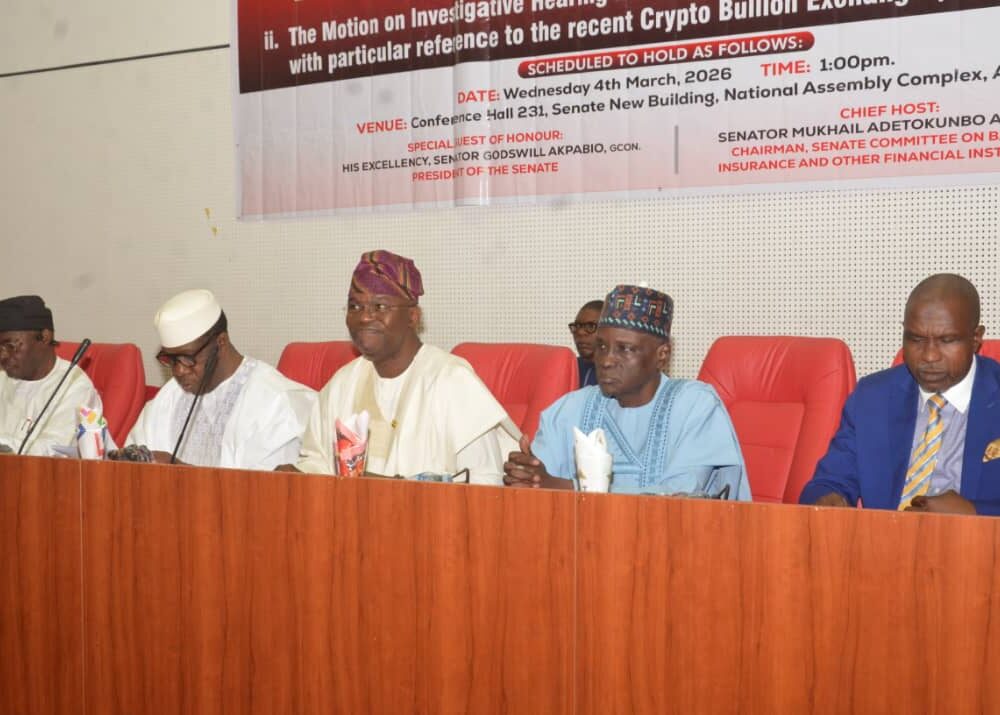More than two decades after the enactment of the Nigerian Communications Act (NCA) 2003, stakeholders have called for an urgent review of the legislation to reflect contemporary digital realities and future technological advancements.
Speaking at a high-profile colloquium organised by the House of Representatives Committee on Communications in Lagos on Tuesday, experts emphasized the need to reassess the 22-year-old law in light of current challenges such as 5G deployment, artificial intelligence, cybersecurity threats, and digital exclusion.
Executive Vice Chairman of the Nigerian Communications Commission (NCC), Dr. Aminu Maida, noted that while the Act was visionary in its time, it now requires substantial updates. “We must update the legal framework to anticipate future opportunities and address today’s complex challenges,” he stated.
Maida highlighted major gains since the Act’s implementation, including the jump from fewer than 300,000 mobile subscribers in 2001 to over 150 million today, and a 13.94% GDP contribution as of Q3 2024. However, he warned that rising operational costs, rural connectivity deficits, and growing cybersecurity risks are undermining these achievements.
Chairman of the House Committee on Communications, Rt. Hon. Peter Akpatason, said the law must evolve to align with global digital trends. “The 2003 Act brought us this far, but now we must envision a more dynamic and responsive regulatory environment,” he said.
Themed “The Nigerian Communications Act 2003, 22 Years After: Challenges, Opportunities, and Future Directions for a Digital Nigeria”, the colloquium brought together lawmakers, regulators, industry experts, and consumer advocates.
Speaker of the House of Representatives, Rt. Hon. Abbas Tajudeen, represented by Deputy Chief Whip Hon. Ibrahim Isiaka, described the colloquium as timely and aligned with the 10th House’s digital transformation agenda. He linked broadband penetration to GDP growth and noted the positive role of digital financial services, despite the persisting challenges of cybercrime and digital distrust.
Stakeholders also pointed to outdated regulatory tools, the need to accommodate emerging technologies like blockchain and quantum computing, and a need for policies that foster innovation, public-private partnerships, and digital entrepreneurship.
The National Assembly confirmed its commitment to amending the Communications Act to drive inclusion, competitiveness, and sustainable growth in Nigeria’s digital economy.





